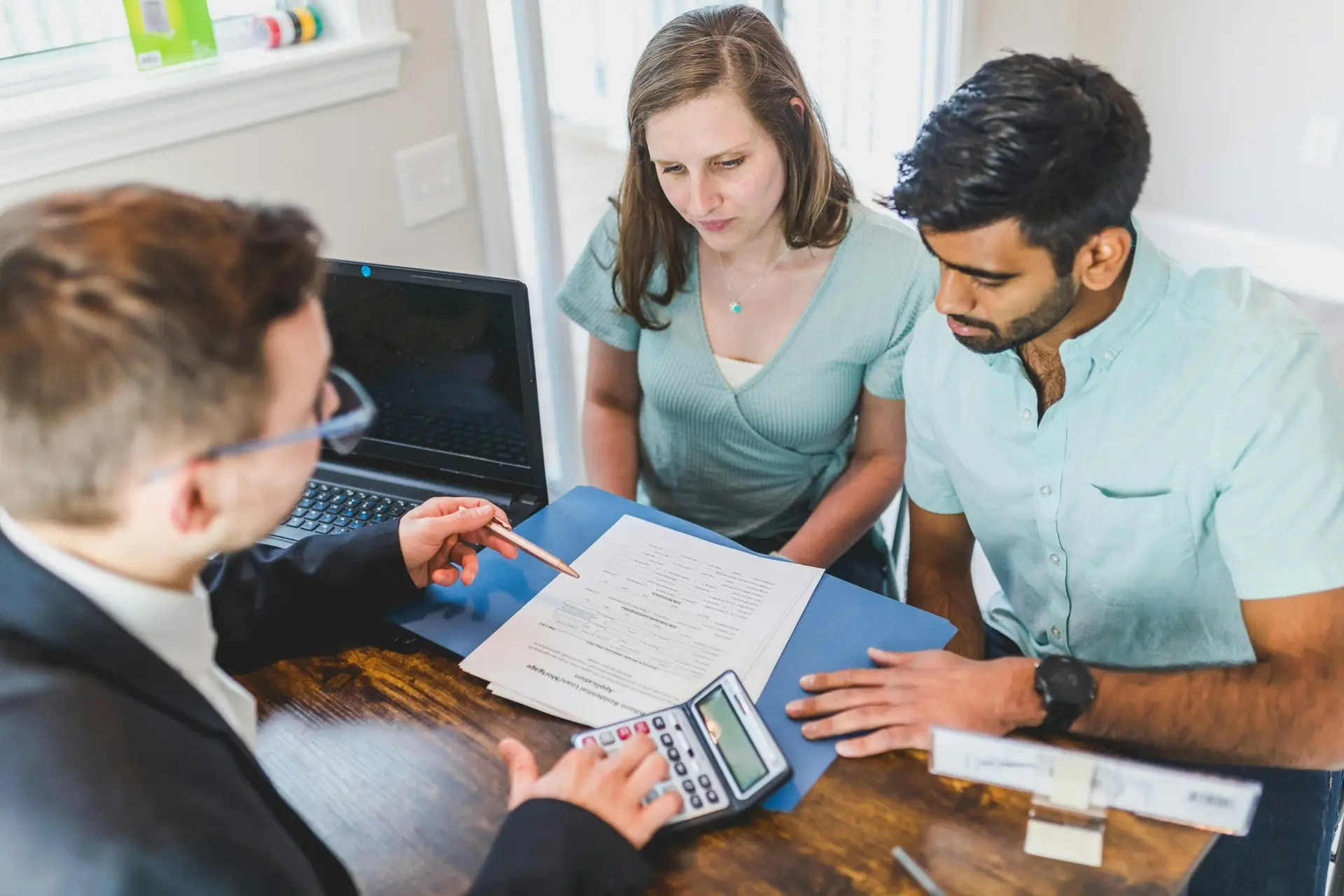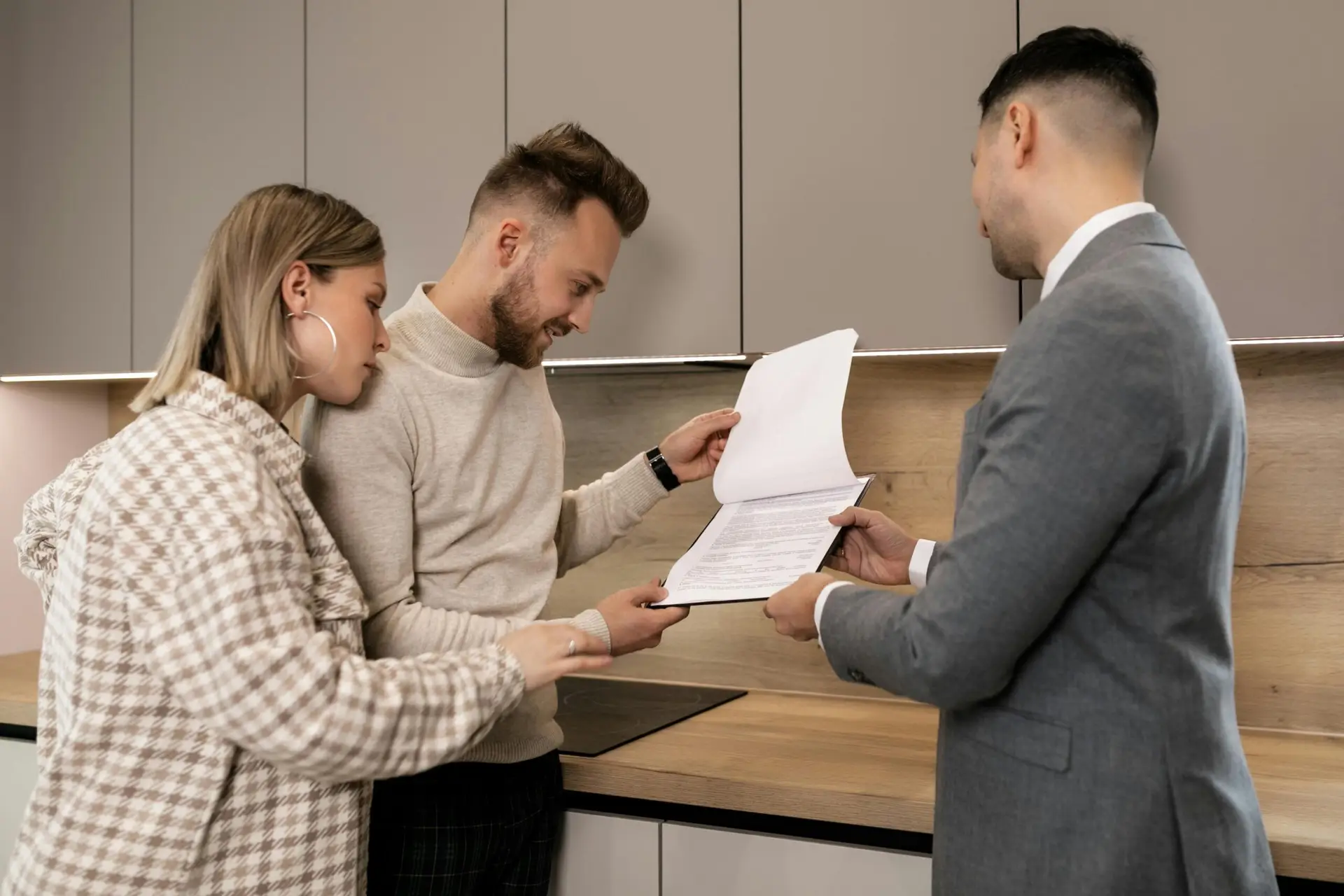How Much House Can I Afford in 2024? A Simple Guide for First-Time Buyers in the UK

Author
Published on
Category
Recent Posts
Get in Touch
Getting onto the property ladder is a huge milestone for anyone, but in today’s unpredictable market, affordability and long-term value are more important than ever. Rising interest rates and house prices mean first-time buyers need to be especially careful about budgeting. In this blog, we’ll explore how you can calculate what you can afford, and we’ll also look at what types of properties make a solid investment for the future. Whether you’re considering a city centre flat or a suburban home, understanding these key factors will help you make a smart, informed decision.
If you’re serious about buying your first home, this is essential reading. By the end of this guide, you’ll know how to calculate your affordability and what to look for in a property that will serve you well both now and in the long run.

How Much House Can I Afford in 2024?
Affordability is the key question for first-time buyers. How much house you can afford depends on several factors: your income, existing debts, your deposit size, and the mortgage rate. Here’s a breakdown of the key considerations:
1. Income-to-Debt Ratio (DTI):
Lenders in the UK typically recommend that you spend no more than 28-30% of your gross monthly income on housing. For example, if your household income is £50,000 annually, you should aim to keep your monthly housing costs (mortgage, insurance, and taxes) under £1,250.
Stat: According to UK Finance, mortgage lenders expect a debt-to-income ratio of 30-40% for most applicants
.
2. Deposit Amount:
In the UK, first-time buyers are generally required to put down a deposit of around 15% of the property value. For a £250,000 home, this means you’ll need at least £37,500. A larger deposit means smaller mortgage payments, which can make your home more affordable in the long run.
Stat: Halifax reported in 2023 that the average deposit for first-time buyers was £61,000 across the UK
.
3. Mortgage Interest Rates:
Interest rates can have a significant impact on your monthly payments. In 2024, average rates in the UK are between 5-6%, meaning that for a £200,000 mortgage at 5.5%, monthly repayments could be approximately £1,135 over 25 years
.
4. Other Costs:
It’s important to remember that buying a home comes with additional costs beyond the mortgage. These include stamp duty, legal fees, and home insurance, which can add an extra 5-10% to your total budget.
How to Calculate Your Affordability
To figure out how much house you can afford, use this simple formula:
Maximum Loan Amount= Annual / Gross Income
For instance, if your annual gross income is £45,000 and your target DTI is 30%, the maximum mortgage you can afford is:
45,000 / 0.30=£135,000
By adding your deposit to this, you can determine the total property value you can afford. With a £30,000 deposit and a £135,000 mortgage, you could afford a property worth £165,000.
What Makes a Good First-Time Buyer Property in the Long Term?
Affordability is crucial, but so is the long-term value of your investment. The type of property you choose can affect not only how well it meets your needs today, but also its resale or rental value in the future.
1. Two-Bedroom Flats or Houses:
While one-bedroom flats may be more affordable, a two-bedroom property typically offers better long-term value. It appeals to a wider range of buyers and renters—whether single professionals, couples, or small families. This broader appeal makes it easier to resell or rent out.
2. Homes in Developing Areas:
Properties in up-and-coming areas often appreciate faster than those in established neighbourhoods. Look for areas where transport links, amenities, or infrastructure improvements are planned, as these can boost property values over time. For example, areas surrounding major cities like Leicester or Charnwood have seen increased interest due to better transport links and relatively lower property prices.
.
3. Energy-Efficient Properties:
Energy-efficient homes are becoming more desirable as energy prices rise. Whether it’s good insulation, solar panels, or energy-efficient appliances, these features make properties cheaper to maintain and more attractive to future buyers. In the long term, energy efficiency will only become more important
.
4. Properties with Renovation Potential:
Buying a property that needs some improvements can be a great way to add value. By investing in renovations, you can increase the property’s market value and make it more appealing when it’s time to sell. Just be cautious not to overspend on upgrades that won’t deliver a strong return on investment.
Current Market Trends for First-Time Buyers (2024)
The UK property market in 2024 presents both opportunities and challenges. While house price growth has slowed, affordability remains a significant issue due to rising interest rates and inflation. Many buyers are looking outside major urban centres for better value, and the demand for energy-efficient homes continues to rise.
By considering both affordability and long-term value, you’ll be better positioned to make a wise choice for your first home. Want more insights? Get in touch with us at Hauseit, and we’ll help you work out what you can afford and find the right property for your needs. Start your home-buying journey with confidence today!
Follow us on Instagram and YouTube for the latest property tips and updates!


